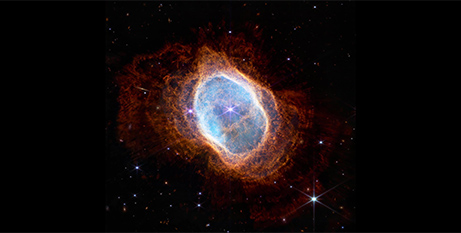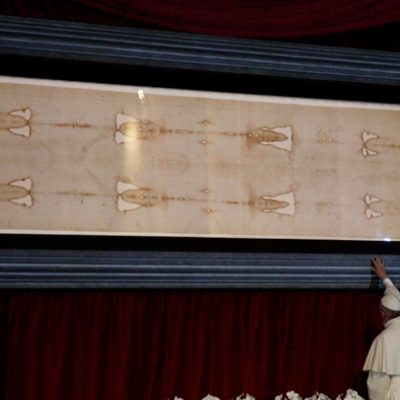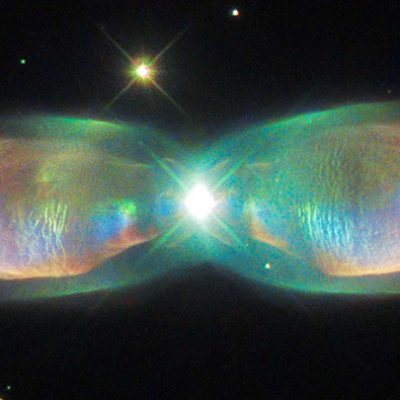
Orbiting the sun nearly 1.6 million kms from Earth, the James Webb Space Telescope is reshaping the way scientists understand the universe and its origins, astronomers have told a Vatican-sponsored meeting. Source: CNS.
“The telescope is able to see things that prior telescopes could not see,” Jonathan Lunine, a professor of astronomy and department chair at New York’s Cornell University, told the meeting.
It has such unprecedented power in terms of its sensitivity, wavelength range and image sharpness that it is “doing revolutionary things” and leading to exciting new discoveries in multiple fields, he said.
Professor Lunine, who is a planetary scientist and physicist, was one of nearly 50 experts in the field of astronomy attending a February 27-29 workshop organised by the Pontifical Academy of Sciences to discuss the newest results from the Webb telescope.
Launched December 25, 2021, NASA’s latest space science observatory is the largest and most powerful space telescope ever built. It began sending full-colour images and data back to Earth after it became fully operational in July 2022.
NASA said on its Webb.nasa.gov page, “Telescopes show us how things were – not how they are right now,” which helps humanity “understand the origins of the universe.”
Karin Öberg, an astrochemist and professor of astronomy at Harvard University, said the Webb telescope “is amazing at observing water and organics around young stars,” which can help them figure out “how planets are forming and how likely planets are to form with ingredients that make them hospitable to life.”
If life is discovered elsewhere in the universe, she said, “whether it’s bacteria or rational animals, (this) will have some different theological consequences”.
“I don’t think it’s a threat to any dogmatic teaching, but I think it would push us to think maybe a little bit differently about why God became incarnate as one of us and how that salvation is worked out both for us and potentially for other creatures,” she said.
FULL STORY
New telescope is changing ideas about how universe began, speakers say (By Carol Glatz, CNS)





